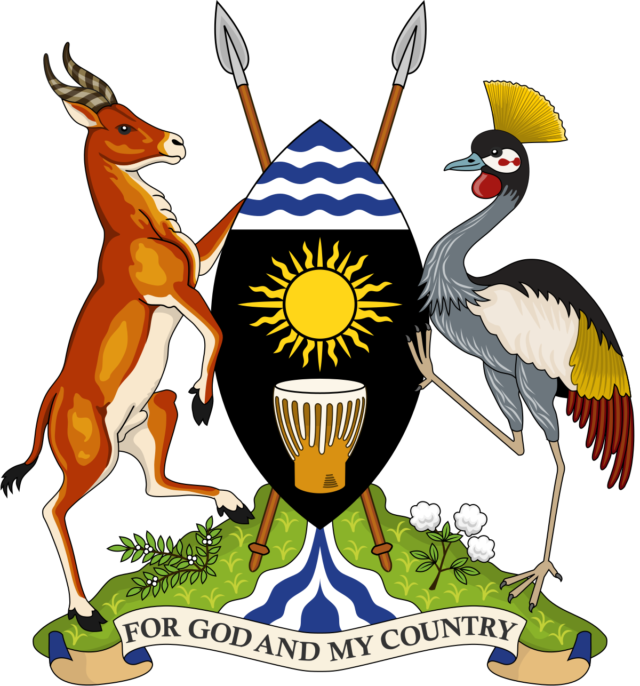The security sector plays a critical role in ensuring that there is an enabling environment for other sectors to flourish and for the socio-economic transformation of Uganda’s Society as outlined in Vision 2040 and the National Development Plan (NDPII). The security sector, therefore, is required to build and maintain professional and capable security forces to address a full range of national and regional security challenges.
The Ministry of Defence and Veterans Affairs (MODVA) is a government ministry responsible for the national defence and security of Uganda. In this capacity, its role is to preserve, defend, and protect the people, property, sovereignty, and territorial integrity of Uganda, contributing to regional stability and supporting international peace initiatives.
During the colonial days, the national defence forces were named King’s African Rifles (KAR). Later, the name changed to Uganda Rifles (UR) and then Uganda Army (UA). The force that fought the Uganda Bush War from February 8, 1981, to January 26, 1986, was called the National Resistance Army. In 1995, when a new constitution was promulgated, the name was changed to Uganda People’s Defence Force (UPDF).
The Ministry of Defence and Veteran Affairs oversees UPDF activities. The UPDF is ultimately answerable to the people of Uganda and has remained professional, with a focus on protecting its citizens, defending national sovereignty, and contributing to regional stability.
The sector’s mandate, which is to defend the sovereignty and territorial integrity of Uganda, has been upheld by the security forces. In general terms, the security situation in the country has remained stable and peaceful. This has enabled Ugandans to go about their business without fear of threats emanating from insecurity from within and outside the country.
Uganda has continued to contribute to the International Peace efforts through participation in the United Nations Peace Support Missions and Africa Regional Stability Initiatives through the African Union and East Africa Community in the fight against terrorism. Uganda’s involvement in Somalia’s AMISOM operations is a testimony and demonstration of her firm partnership with other African brotherly countries in the quest for common peace and security, resulting in the pacification of Mogadishu and other parts of Somalia.
Uganda is widely and rightly regarded as one of the most crime-free countries in Africa. We can comfortably state that it is safe to travel to Uganda for a safari or holiday trip based on some of the considerations that bring us to that judgment, including and not limited to best security practices and international acceptable safety and security standards exhibited by Uganda’s









